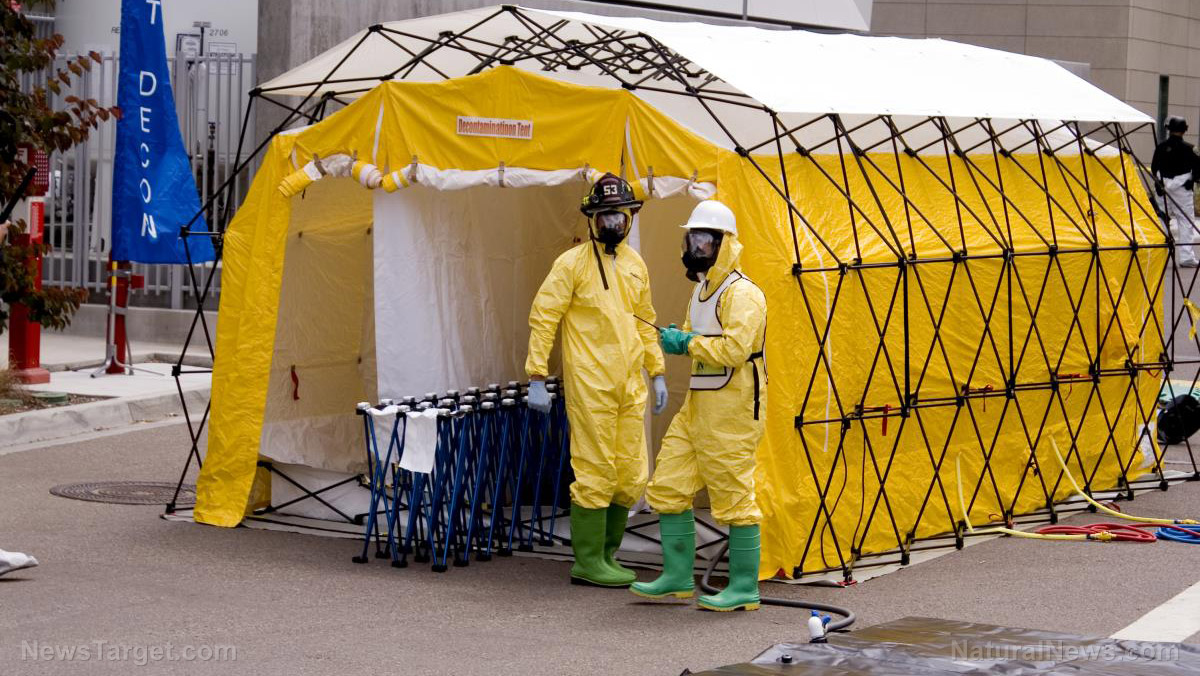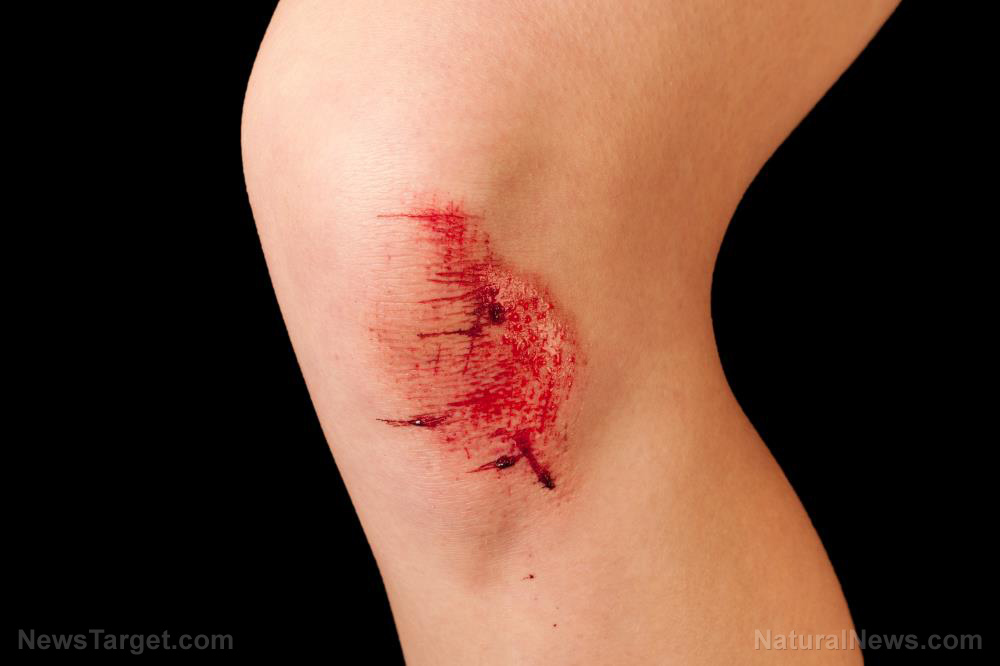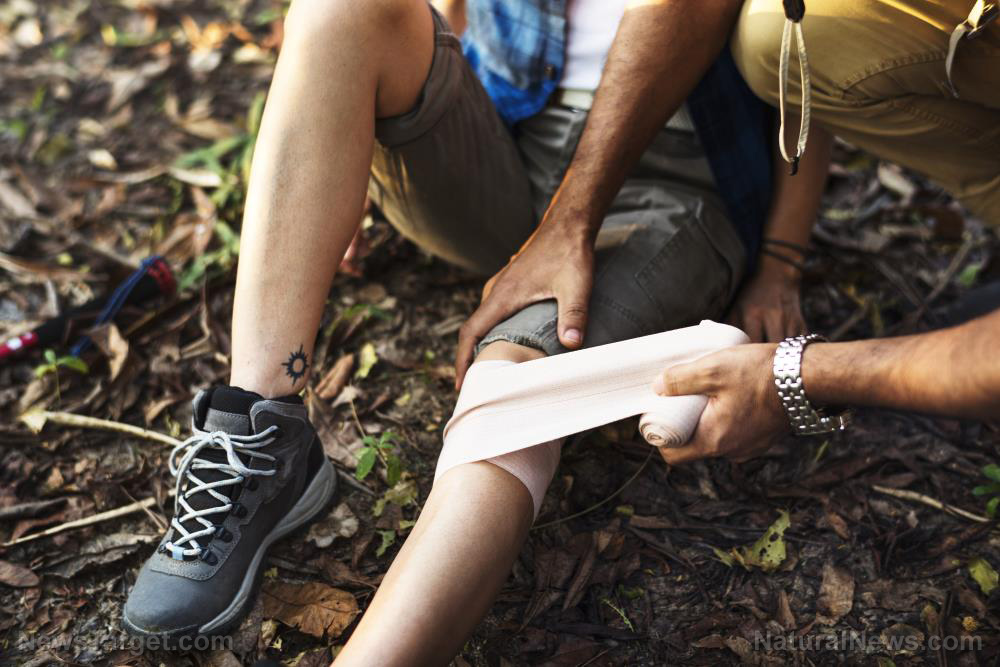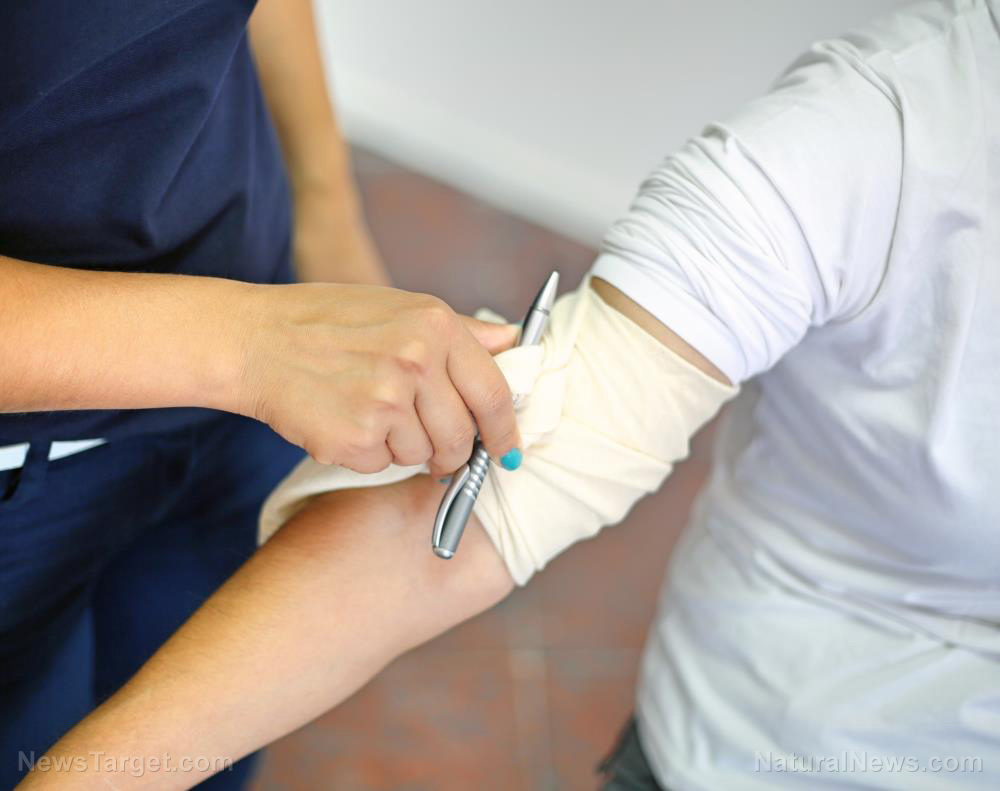Survival skills to outlast the wilderness: Here’s what you need to know
09/05/2018 / By Jhoanna Robinson
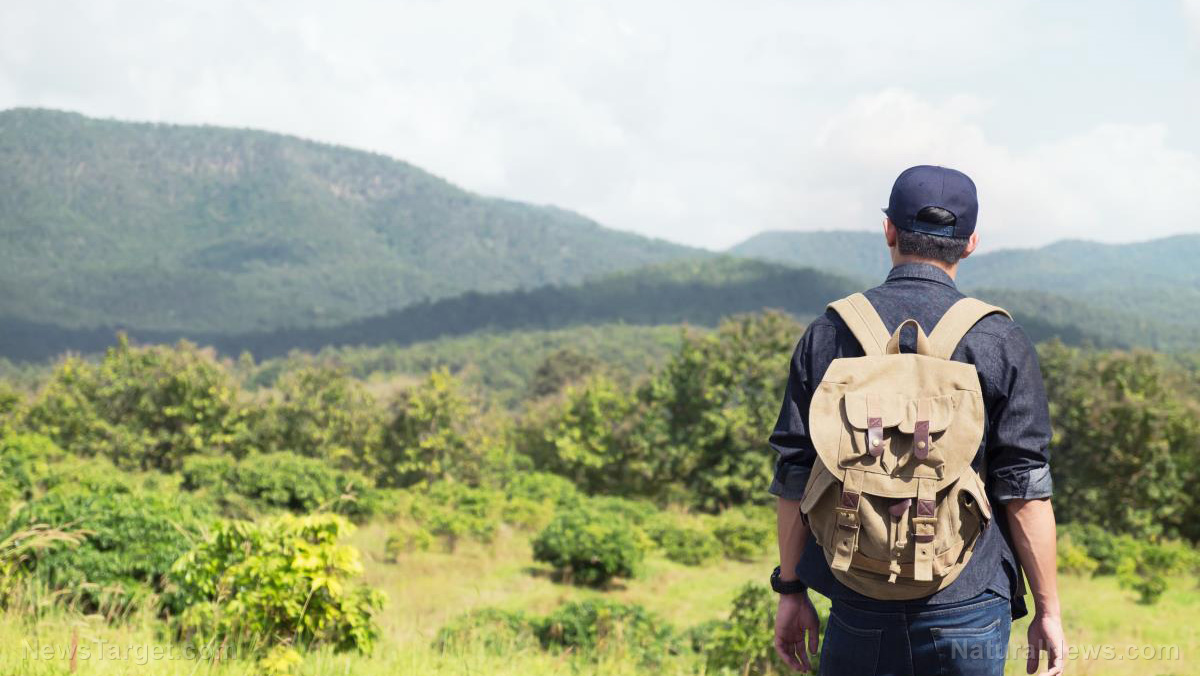
Most of the time, the key to surviving an emergency situation is through months or even years of preparation. However, nothing can prepare you for the real thing when it suddenly happens. This is why it’s important to stay alert and attentive towards what’s happening around you and apply quick yet well-thought-out responses to whatever the moment throws at you.
Kevin Reeve, the founder and director of OnPoint Tactical, which is an urban survival, escape, and evasion training provider, says that during a crisis situation,you should ensure your immediate security. Whether you’re in the middle of a cross fire or stuck in the burning building, get yourself out of immediate danger.
Reeve also says that should you find yourself alone during such an event, it is important that you know how to apply medication or treat the wounds that you have incurred during the emergency. Always depending on the help of others at a time like this could be deadly for you.
If you find yourself in the company of dangerous elements, such as bad people or hungry predators, arming yourself is a must, Reeve says. If you don’t have guns or knives with you, try to fashion a makeshift piercing weapon by using a sharp stick. Or try to find anything that you can smash into an opponent and stun him.
One quick note regarding predators that hunt in packs, such as wolves, coyotes, or cougars, however: The safest way to deal with them is to face them and slowly back away. You shouldn’t approach a lion, run away from it, or even play dead in front of it. Instead, you should make yourself as big as possible by spreading your arms and making a lot of noise. If this doesn’t work, try to find something to throw at the animal and hope that it hits the beast before the beast attacks.
If an attack is inevitable, however, Emergency: This Book Will Save Your Life author Neill Darrow Strauss says: “If the animal does attack, block its mouth with your non-dominant arm and smash the heel of your hand into its snout or hit it in the eyes. If you can temporarily disable the animal, run and find a tree to hide in before you attempt first aid.”
If the crisis situation lapses into more than a few hours, you probably have to think about seeking shelter and other necessary things that are needed for survival such as food and water. You can afford to not think of your hygiene for the meantime, although certainly there are bowel movements and urine passings to think of.
Finding water is more important than finding food, for the human body can last for three weeks without food, while it can only sustain itself for a week without water. Try to follow grazing animals at around dusk or dawn – these are the times that they usually flock to watering holes. Flies and mosquitoes are also a sign that water is nearby, for they tend to stay within 400 feet of water. You can also get water by collecting dew that hangs on grass by running an extra piece of cloth through the grass.
Foraging for berries is made simple by following the advice of former United States Army Special Forces officer and author Mykel Hawke, “White and yellow, kill a fellow. Purple and blue, good for you. Red…could be good, could be dead.” (Related: Thirteen skills to learn now for survival later.)
When it comes to hygiene, Massachusetts-based primary care physician Dr. Dan Weiswasser says: “If you’re keen to pay attention to hygiene while stranded somewhere, I would primarily address dental care. Dental plaque can build up in a hurry, and dental infections are painful, dangerous, and expensive to repair. Brushing and flossing require relatively universal, rudimentary tools and can go a long way towards preventing such infections (you can make a toothbrush from birch or by just wiping your teeth with a clean piece of cloth).”
For instances that call for something to wipe your bottom with, Reeve says: “As for primitive toilet paper, in the winter, a snowball is actually quite invigorating, but most of the time, leaves of a plant like mullein are the go-to method. Sometimes an unopened pine cone will work, but ouch! One of the keys to this is to squat, not sit. This forces the cheeks apart and means that there will be far less cleaning necessary.”
Finally, every survivalist knows how essential it is to remain a positive mindset during the ordeal. Being positive can give you the mental endurance to survive an event, whereas such an event can serve as too traumatizing for the weak-willed. Also, a recent study that was published in Psychological Science states that one’s own perception of illness and the capacity for recovery influences said person’s actual recuperation
For more tips on how to survive during a crisis situation, visit Survival.news today.
Sources include:
Tagged Under: crisis situation, emergency situation, first aid, foraging for berries, hygiene, mental endurance, predators, survival food, survivalist, water


